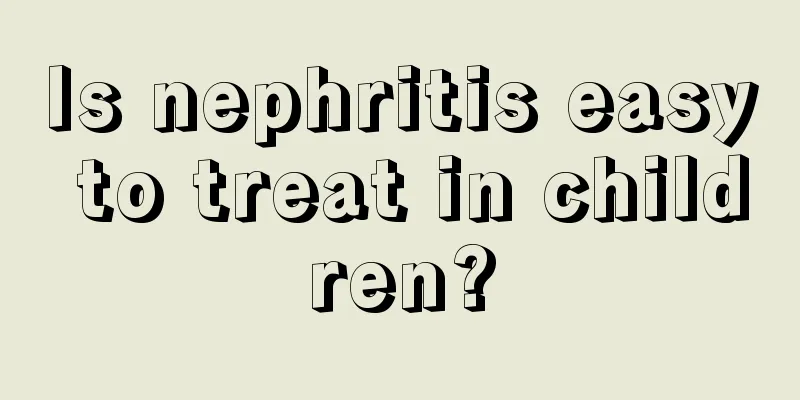My child's arm is swollen after vaccination

|
Sometimes parents will find that their children's arms are swollen after receiving a vaccination, and they will worry whether they are allergic to the medicine. In fact, it cannot be determined whether it is caused by drug allergy. Some infants and young children will indeed have swelling after receiving a vaccination, but as long as they wait 24 hours later, parents will find that the swelling of their children's arms has disappeared. Postponement of baby's cold vaccine When a child has a cold, even if he or she does not have symptoms such as fever or diarrhea, the child's resistance is relatively weak at this time, so it is best to wait until the illness is recovered before getting vaccinated. The time of vaccination and the physical condition of the recipient affect the effectiveness of the vaccine and the possible adverse reactions after vaccination. Before vaccination, you must carefully understand whether the physical condition of the vaccine recipient is suitable for vaccination. Especially young parents should understand whether their baby has any contraindications to the vaccine they are about to receive. Otherwise, it is likely that it will not only fail to prevent the disease, but may cause other problems. Parents all know that vaccinations should not be given when the child has diarrhea or a high fever, but they are not aware of other contraindications. Children with dermatitis, purulent skin diseases, severe eczema, swollen armpits or lymph nodes, asthma, urticaria, active tuberculosis, epilepsy or other serious diseases, as well as abnormal nervous system development, severe malnutrition, congenital immunodeficiency, etc. should not be vaccinated. In addition, if your baby has a cold or a mild low fever, it is best to postpone vaccination depending on the situation. This is because the vaccine itself has some side effects, such as fever, fatigue, rash, etc. When the baby is sick, the baby's resistance is poor, and it is not easy to stimulate the body to produce enough antibodies, which affects the effect of the vaccination. When parents take their babies for vaccination, they must report the baby's current physical condition to the doctor in detail. It is best to bring relevant medical history information. There may be situations where parents themselves find it difficult to judge whether the vaccination is suitable. Be sure to tell the doctor and let the doctor decide. Vaccines are targeted at different people and may cause adverse reactions after vaccination. If local redness, swelling, pain, swollen lymph nodes, fever and other symptoms occur after vaccination but they subside quickly, this is a normal discomfort reaction. If these symptoms worsen and do not improve, it is best to go to the hospital for treatment as soon as possible. Some people have allergic reactions to some vaccines. Symptoms include rash, allergic purpura, angioedema, and even shock. If you have experienced such symptoms before, you must be cautious when receiving vaccines containing allergic ingredients in the future. It is best not to receive the same vaccine again. If you must get an injection, you must report any allergies to your doctor. |
<<: What should I do if my baby eats nipple cream?
>>: Do children have fever when teething?
Recommend
How long does it take for a newborn's skin to turn white?
I believe many people have had this experience: w...
How to choose milk powder for two-year-old baby
When babies are just born, they drink breast milk...
What to do if your child has intussusception
Children are the apple of their parents' eyes...
Reasons for newborn spitting up
We all know that newborns are prone to diseases d...
What to do if your 2 month old baby is retching
The one-child policy states that each family can ...
Baby's five-month sleep time and precautions
An important issue that many of us overlook is sl...
Brown urine in children
In our lives, many children have yellow or brown ...
What to do if your one-year-old baby has food accumulation
A one-year-old baby can be said to be in a very i...
What to do if something is stuck in your child's throat
Since children are not fully developed and have n...
What should I do if my baby has a lot of phlegm in his throat?
It is very common for babies to have phlegm in th...
What to do if your child has an eye infection
I believe that older people have heard the advice...
Why does my baby have white hair?
Nowadays, many teenagers have gray hair due to ac...
7 month old baby diet arrangement method
In daily life, many parents hope that their child...
Why do children often have fever?
When every child is young, parents will be partic...
How to clean baby's nose?
The baby's nasal mucus must be removed. If th...









